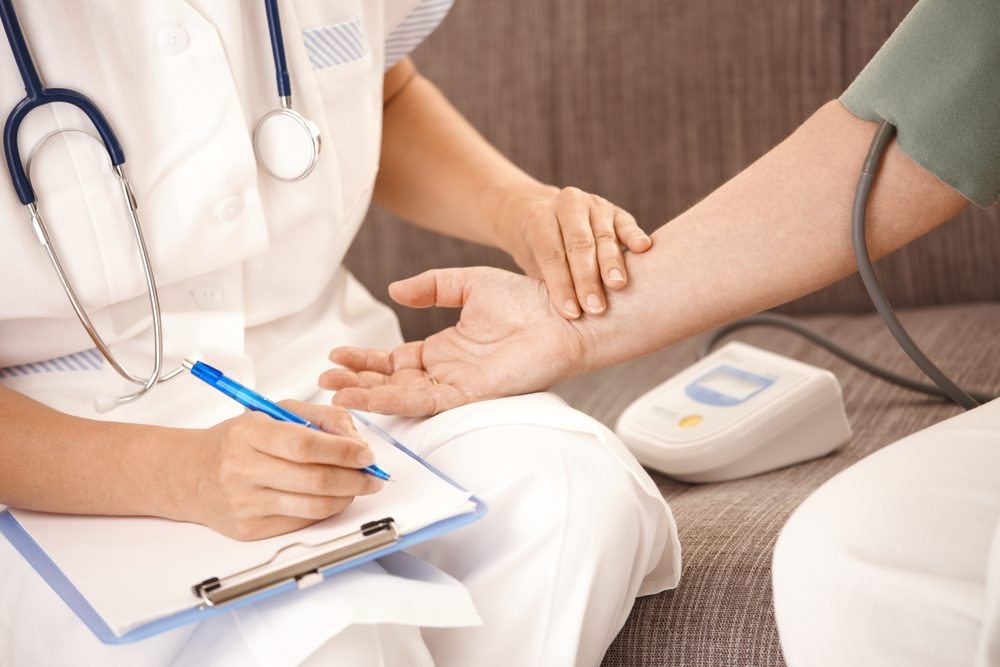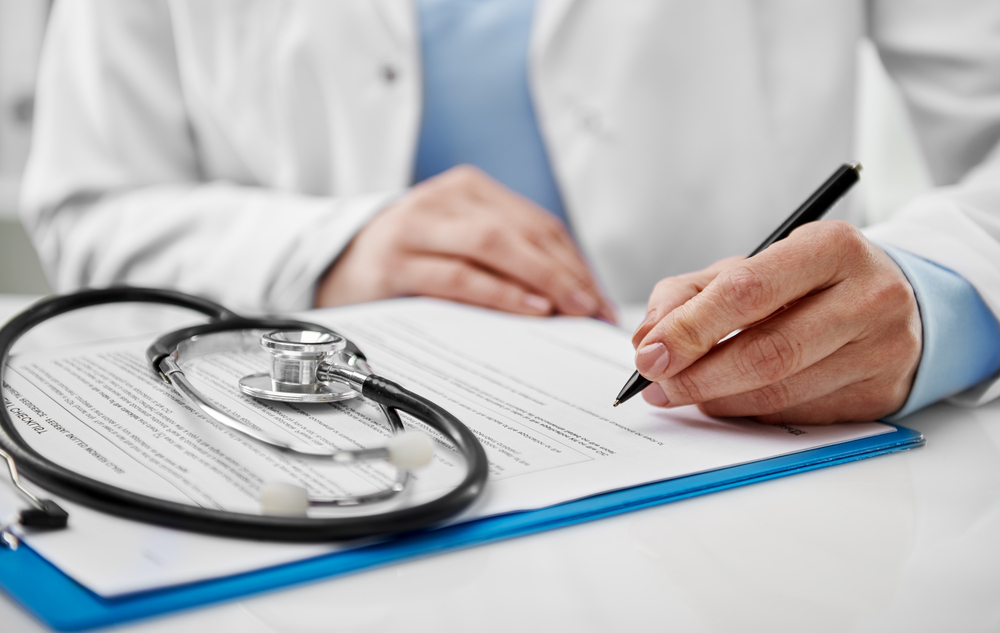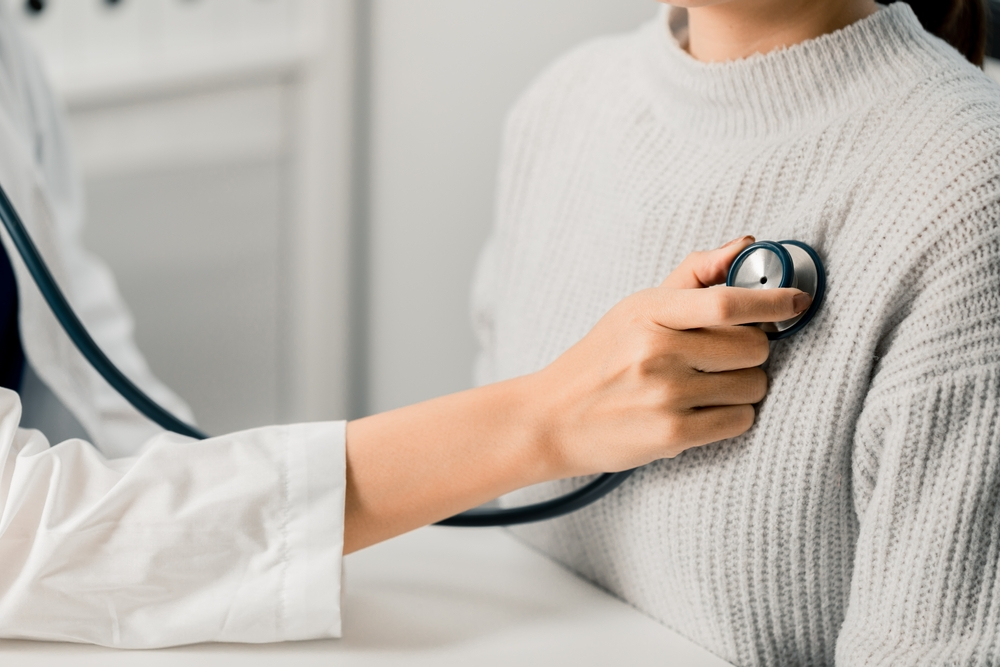Search for tests or checkups
SupportHow to get back to exercising post-Covid?

Getting back to a regular exercise regime post-Covid is a challenging task. Due to the infection, most people suffer from extreme weakness and fatigue. The journey back to fitness and exercising requires careful and systematic planning.
If you’ve recently recovered from Covid-19 or know someone who has recently recovered, this guide should help make the journey back to exercising easier.
Covid-19 has been classified into four stages:
- Mild (no dyspnea, no drop in oxygen saturation)
- Moderate (dyspnea, oxygen saturation between 94 to 98%, radiological signs of pneumonia)
- Severe (dyspnea, oxygen saturation less than 93%)
- Critical (patients need mechanical ventilation)
Depending upon the severity of a person’s infection, restarting exercise will be different for everyone. It’s advised that patients falling under the “mild” and “moderate” categories undertake short-term moderate exercises after they have been symptom-free for at least a week.
Your body has been through a lot. While recovering, you must give your body adequate rest to heal and get better before you start exercising again.
Why is exercise important for post-Covid recovery?
Exercise is essential because being active can help expedite recovery. Regular physical activity will help prevent stiff joints and minimize pain. It also helps you regain muscle strength. It’s also essential to manage other existing co-morbidities like heart issues or diabetes.
In the beginning, you’ll probably find it challenging to carry out the most mundane tasks like sitting, climbing stairs, or going for short walks. Depending upon the severity of your symptoms, you may feel shortness of breath at the beginning. However, it’s important to remember that consistent and small efforts every day will go a long way in bringing you back to normal.
How to (re)start exercise post-recovery?
There’s no one-size-fits-all approach available for getting back to exercising post-Covid.
Depending on your pre-Covid fitness levels and exercise regime, the journey to restart exercising will differ for each individual.
Do not start any physical activity while you still have Covid-19 symptoms and only resume after you’ve been symptom-free for a minimum of 7-10 days and have consulted the doctor.
Things to keep in mind when exercising post-recovery
- Keep a check on oxygen levels before, during, and after exercise. Immediately stop if you feel uneasy or have shortness of breath.
- Always warm-up before exercising and cool down after exercising.
- The gap between any meal and exercise should be a minimum of one hour.
- Any muscle pain after exercise while normal should subside within a few days. If it persists, speak with the doctor.
- As a thumb rule, you should be able to speak a sentence when exercising.
- Take care of your mental health too. Besides the visible symptoms of Covid-19, also consider how the diagnosis has affected you mentally. It’s essential to address any mental fatigue you may face.
It’ll be prudent to use the following weekly timelines to start slow and build up your stamina weekly by giving yourself achievable targets.
Your goal at the end of week four should be that you build your stamina such that you can undertake up to 30 minutes of physical activity for five days a week easily.
Additional points for specific symptoms
| Symptoms | Things to remember |
| Hematologic or blood symptoms | Advised to start with low-intensity exercises and cut back on sedentary behavior to reduce blood clot risks. |
| Respiratory symptoms like pneumonia | Rest for at least a week after symptoms subside and slowly return to physical activity while closely monitoring the breathing. |
| Any heart issues | Rest for 2-3 weeks after the symptoms subside. Those with myocarditis, or inflammation of the heart, should wait for a minimum of 3 to 6 months before returning to some form of exercising. |
| Gastrointestinal effects of Covid-19 | Recommended to monitor their fluid and calorie intake while slowly returning to fitness. |
| Joint and muscle pain | Gradually start exercising before going back to your pre-Covid workouts. |
Specific exercises you can follow
1. Deep breathing exercises:
These are extremely important and beneficial to lessen anxiety and stress. Breathing exercises also help restore diaphragm function and increase lung capacity. Stop exercising in case you encounter shortness of breath
2. Walking
Walking is an essential cardio activity to get started. Even when you are down with Covid-19, if your symptoms are mild, it’s advised to take short walks in your room while recovering.
You may follow the following timeline for your walking routine post-recovery
- Week 1: 5- 10 minutes
- Week 2: 10-15 minutes
- Week 3: 15-20 minutes
- Week 4: 20-25 minutes
- Week 5: 25- 30 minutes
After six weeks, aim to walk at least for 30 minutes five days a week.
3. Jogging and Cycling
Aerobic exercises help to improve stamina and build muscles. You can choose to undertake these exercises as a part of your post-recovery regime if walking doesn’t leave you out of breath.
Only undertake jogging or cycling if it is medically safe for you.
4. Strengthening exercises
Strengthening exercises (like squats, lunges) help improve muscles that have become weaker due to the illness. You should aim to do three sessions of strengthening exercise each week. Strengthening exercises should not make you feel breathless as fitness exercises would.
It’s important to reiterate - Don't rush the recovery process.
Summary
Exercise is essential to ensure physical and mental well-being post-Covid. The recovery would be different for each individual depending upon their pre-Covid health and severity of the symptoms. You might be tempted to jump right back in, but making slow and steady progress daily is the key.
In the post-Covid recovery phase, it’s important to check for any long-lasting impact on your health. Check out our Post-Covid Checkup Package.

Assessing Kidney Function: What to Expect in Health Checkups

How Full Body Checkups Aid in Early Disease Detection
